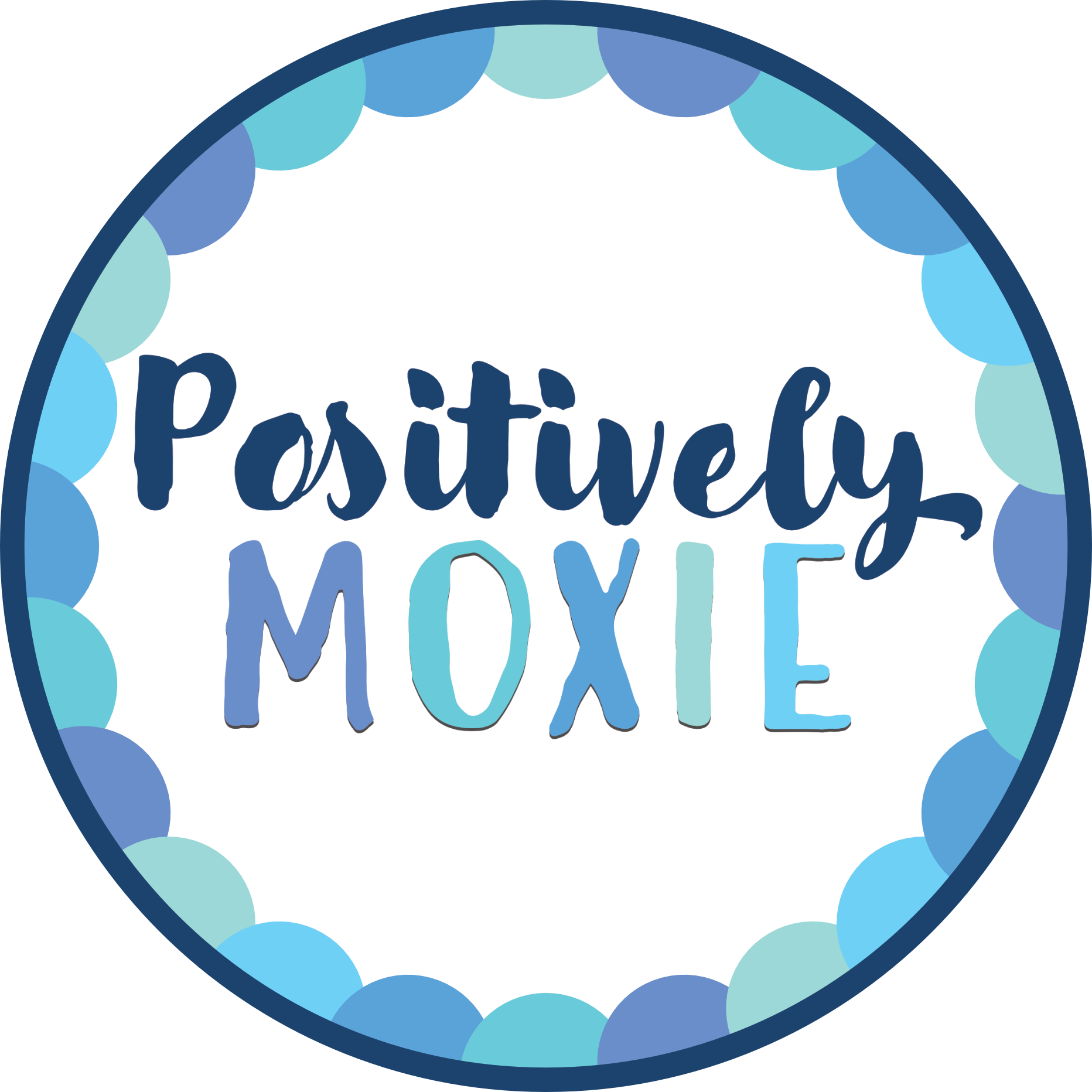6 Reasons to Teach Kindness
Learn 6 reasons to teach kindness and get some ideas to do it!
Learn 6 reasons to teach kindness and get some ideas to do it!
Inspirational quotes can help nurture and inspire a growth mindset in kids. Check out 25 of our favorites and you may find the corresponding coloring pages below. Nothing will work …
The benefits of kindness are huge for all of us! Check out these ideas for putting kindness into action.
Fun holiday activities to foster kindness and well-being along with a free download.
